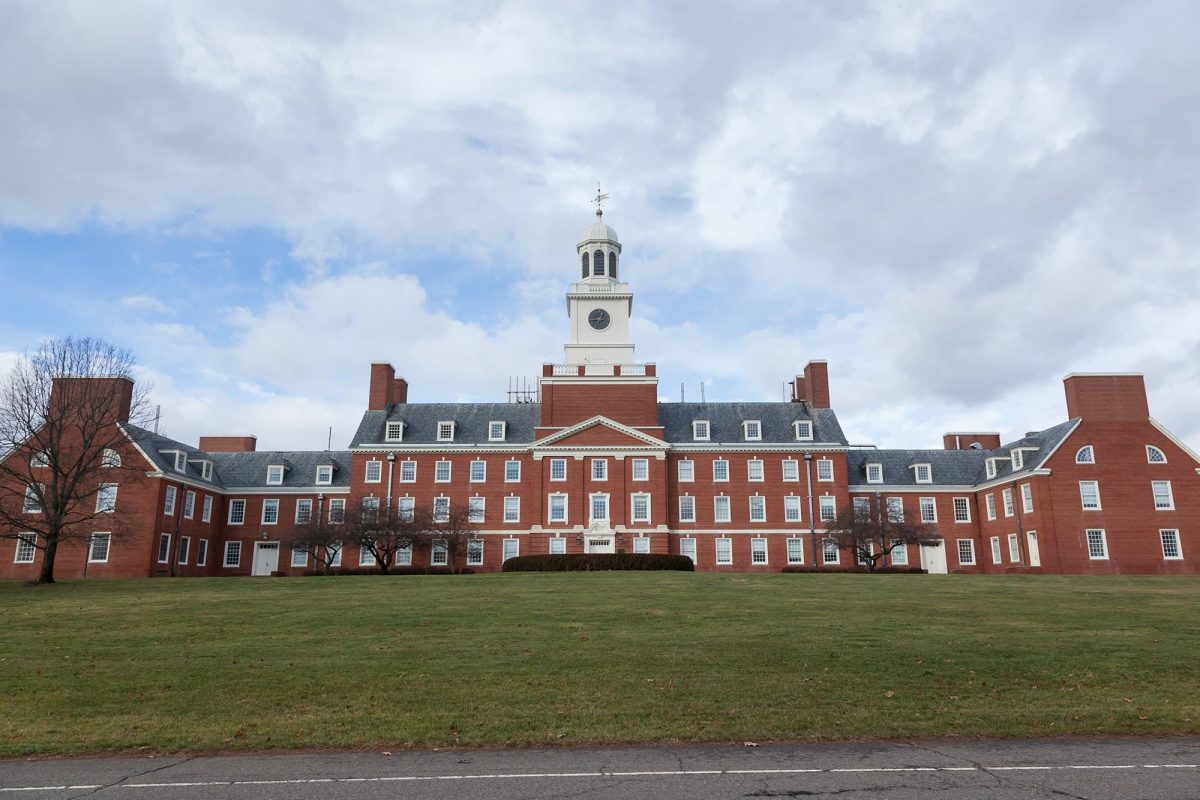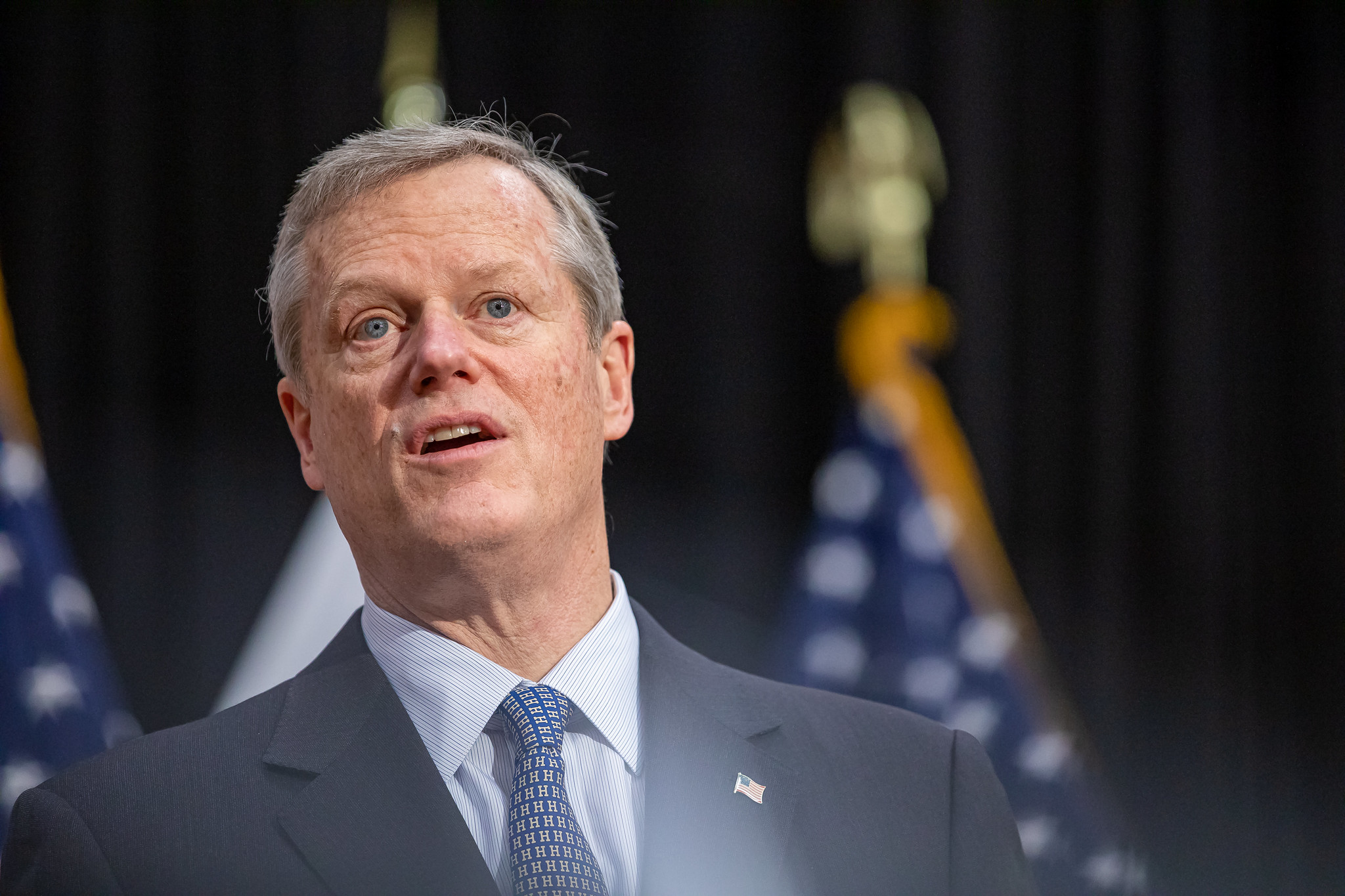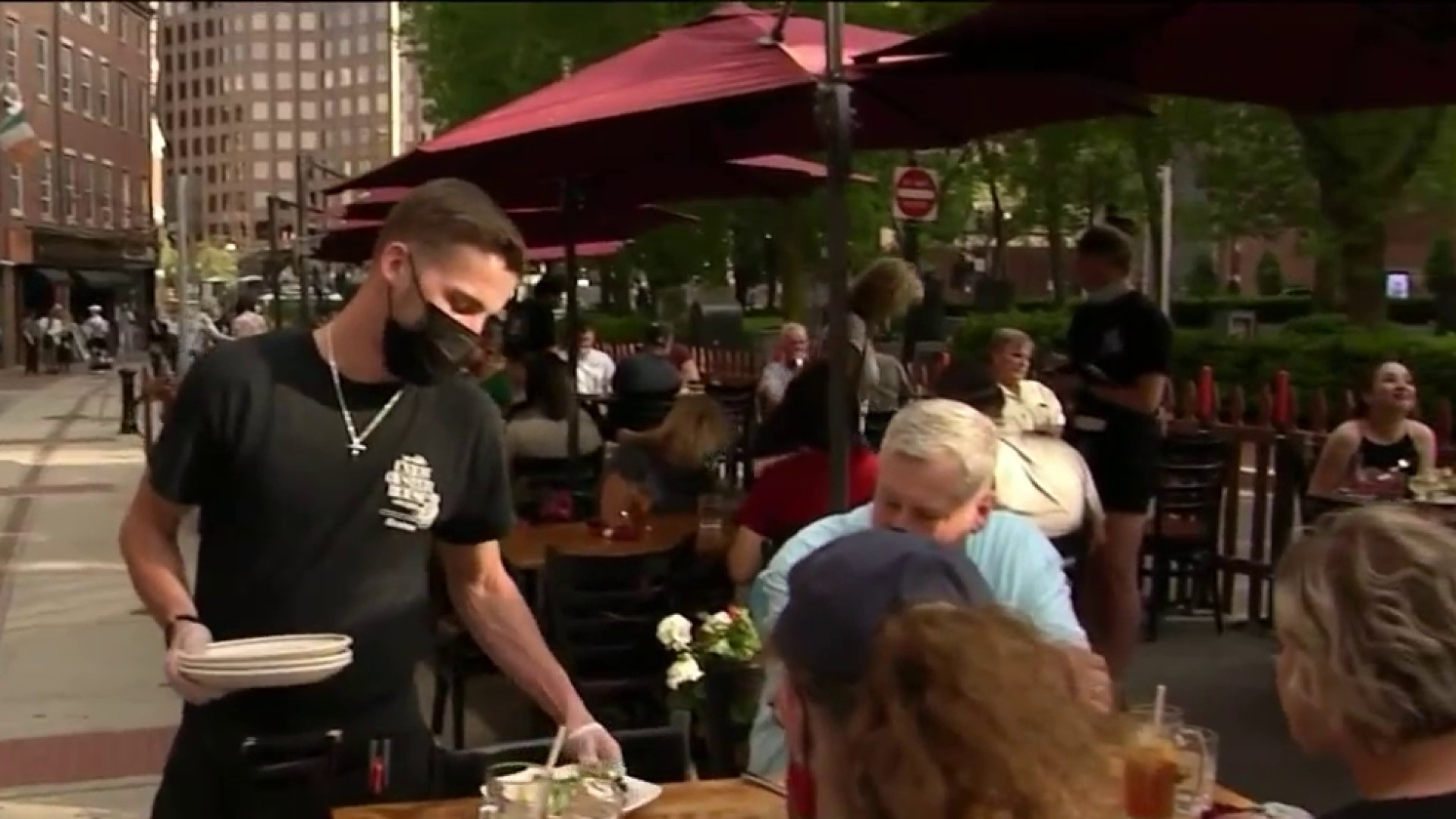What are your chances of getting coronavirus if you're fully vaccinated?
According to medical experts, so-called breakthrough cases -- cases where fully vaccinated individuals test positive for coronavirus -- are possible, but have so far been rare.
WATCH ANYTIME FOR FREE
>Stream NBC10 Boston news for free, 24/7, wherever you are. |
While the vaccine itself cannot give you the virus, it is also not 100% effective at preventing the virus entirely, though those who receive the vaccine are far less likely to be hospitalized or die from it, data shows.
According to the CDC, data from a multistate network of U.S. hospitals from January through March, showed the Pfizer-BioNTech or Moderna COVID-19 vaccines were 94% effective against COVID-19 hospitalization among fully vaccinated adults and 64% effective among partially vaccinated adults 65 years and older.
Get updates on what's happening in Boston to your inbox. Sign up for our >News Headlines newsletter.
The CDC reports J&J/Janssen vaccine was 66.3% effective in clinical trials at preventing COVID-19 illness in people who had no evidence of prior infection two weeks after receiving the vaccine.
Health experts have expressed concern about new and emerging variants of the virus. Though studies have shown the current vaccines provide protection against known variants so far, they may not be as effective against the new strains.
Still, boosters and new versions of vaccines that target the variants are already being explored.
Pfizer-BioNTech is testing a third booster shot of its vaccine on fully vaccinated people.
"The flexibility of our proprietary mRNA vaccine platform allows us to technically develop booster vaccines within weeks, if needed," Ugur Sahin, CEO and co-founder of BioNTech, said in a release.
Moderna is also testing a potential third dose of its current vaccine, and a possible booster shot specifically targeting the South Africa variant. Citing early data, the company recently said the booster vaccine generated a promising immune response against the B.1.351 and P.1 variants first identified in South Africa and Brazil, respectively.
Meanwhile, Johnson & Johnson CEO Alex Gorsky said during an interview with CNBC's "Squawk Box" in March that the company is well-positioned to adapt its vaccine for variants, and is working on developing software that will "help address some of these new and emerging variants."
The recent death of a man with leukemia, who contracted COVID despite being fully-vaccinated, has raised some questions about vaccine efficacy in immunosuppressed individuals.
Current CDC guidelines indicate those with compromised immune systems should receive the vaccine, however, they should "be aware of the potential for reduced immune responses to the vaccine."
The Leukemia & Lymphoma Society, citing data from a recent U.K. study, reports that "some blood cancer patients may not get optimal protection from the vaccines and may be more susceptible to COVID-19 infections after vaccination compared to the general public."
In that study from King’s College London, data showed that three weeks after one dose of the Pfizer vaccine, an antibody response was found in 39% of solid cancer patients and just 13% of people with blood cancer, compared to 95% in healthy individuals, the society reported.
The group urged blood cancer patients to continue wearing masks and taking preventative measures like social distancing and handwashing.
Similarly, a recent study from the University of Pittsburgh Medical Center found that "people with cancer that affects the blood, bone marrow or lymph nodes are at elevated risk of COVID-19 vaccine failure, particularly those with chronic lymphocytic leukemia."
The study tested blood from 67 patients with "hematologic malignancies" who had been vaccinated with either the Pfizer or Moderna COVID-19 two-dose vaccines three weeks earlier. The tests found that more than 46% of the participants had not produced antibodies against COVID-19 and only three in 13 patients with chronic lymphocytic leukemia had produced measurable antibodies, even though 70% of them weren’t undergoing any form of cancer therapy.
“As we see more national guidance allowing for unmasked gatherings among vaccinated people, clinicians should counsel their immunocompromised patients about the possibility that COVID-19 vaccines may not fully protect them against SARS-CoV-2,” the study's senior author Dr. Ghady Haidar, a transplant infectious diseases physician and assistant professor in the university's Department of Infectious Diseases, said in a statement. “Our results show that the odds of the vaccine producing an antibody response in people with hematologic malignancies are the equivalent of a coin flip.”
According to Haidar, however, a negative antibody test does not necessarily mean a patient isn't protected from the virus.
Many medications and treatments for certain cancers or other conditions can cause immune suppression or weaken an immune system.
With little data to offer, the Leukemia & Lymphoma Society is asking those living with blood cancers to register to become a "citizen scientist" and share their experiences with COVID-19 and the vaccines currently available.
The CDC said those with compromised immune systems should continue following the public health guidelines after vaccination.




